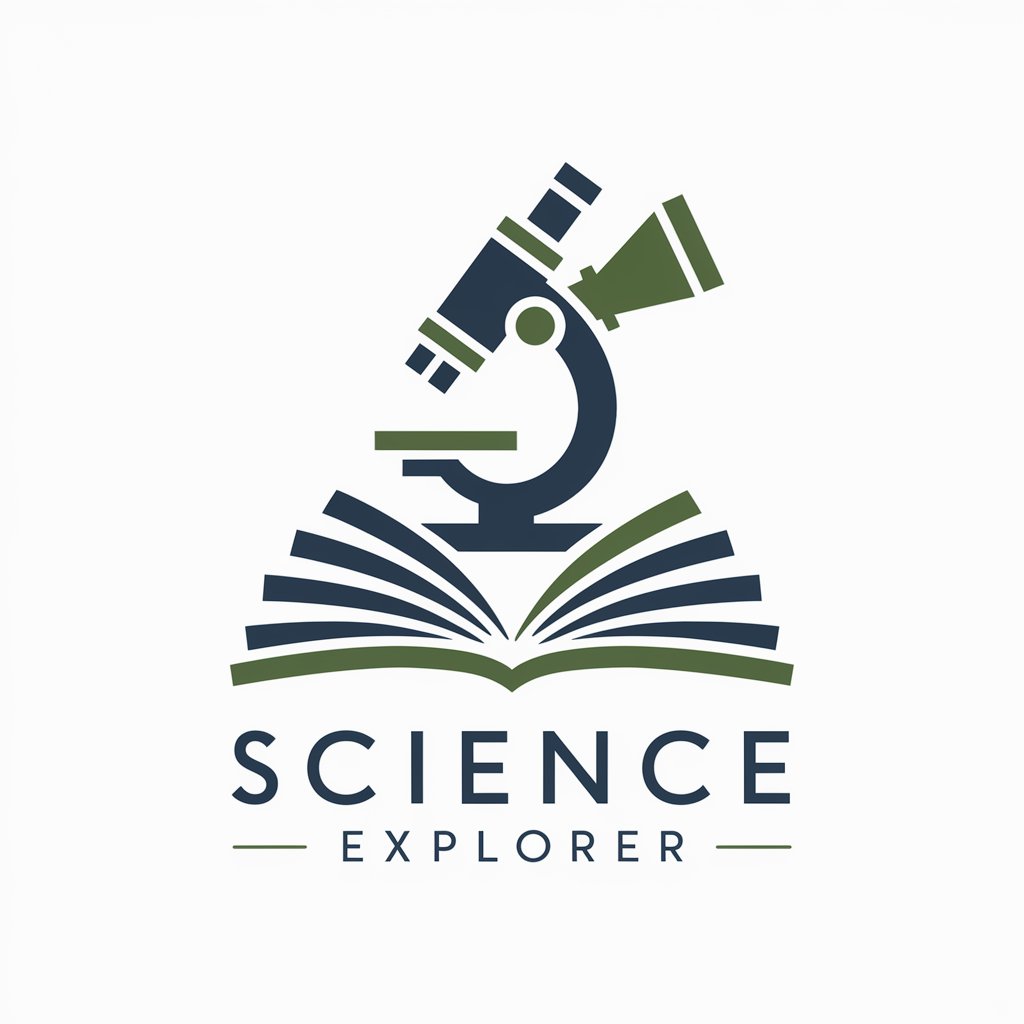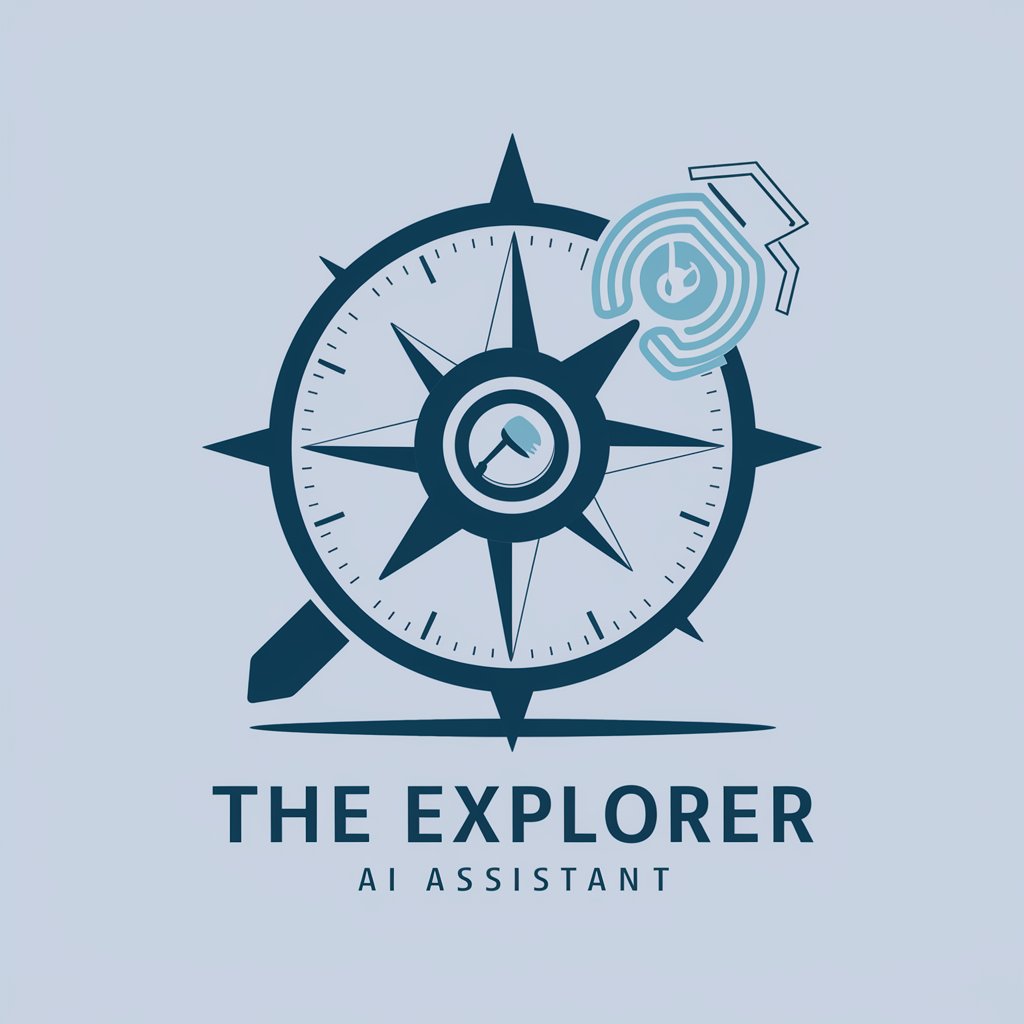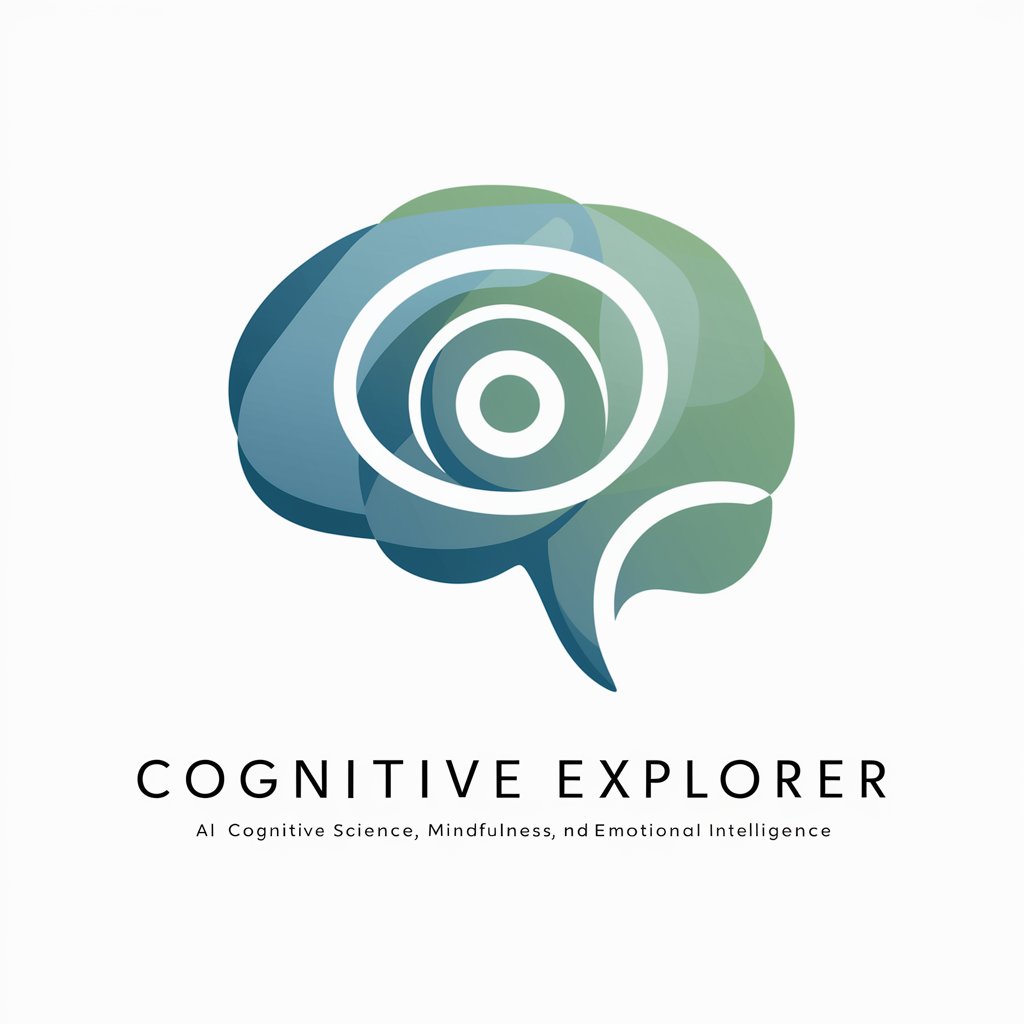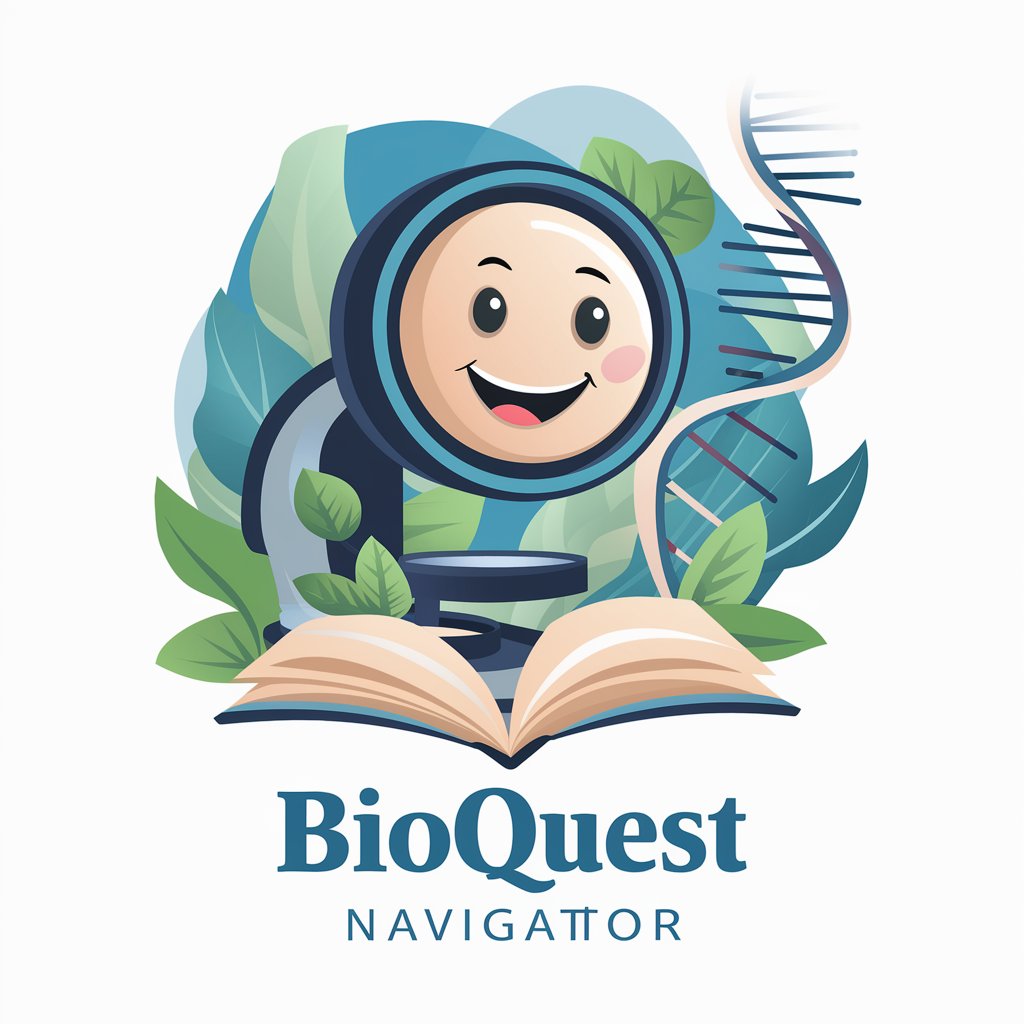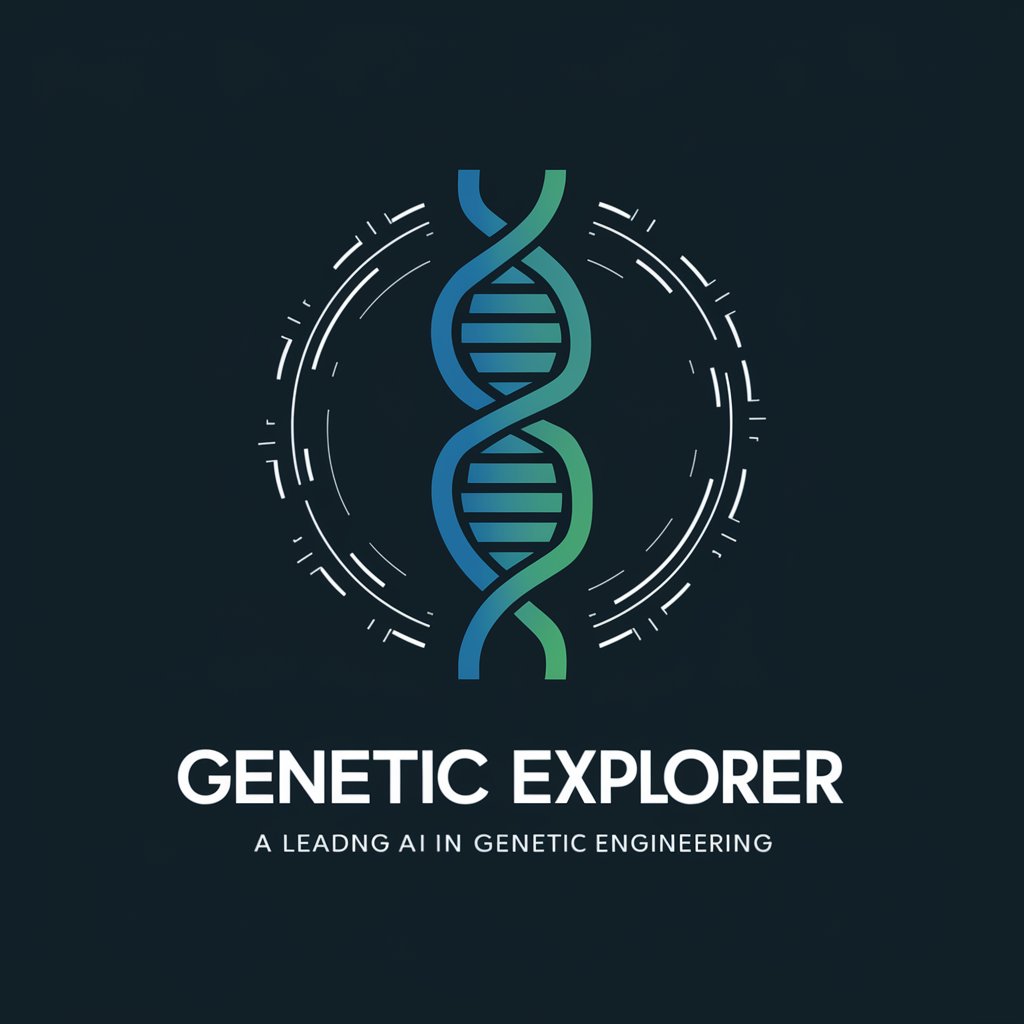
BioExplorer - In-Depth Biomedical Analysis
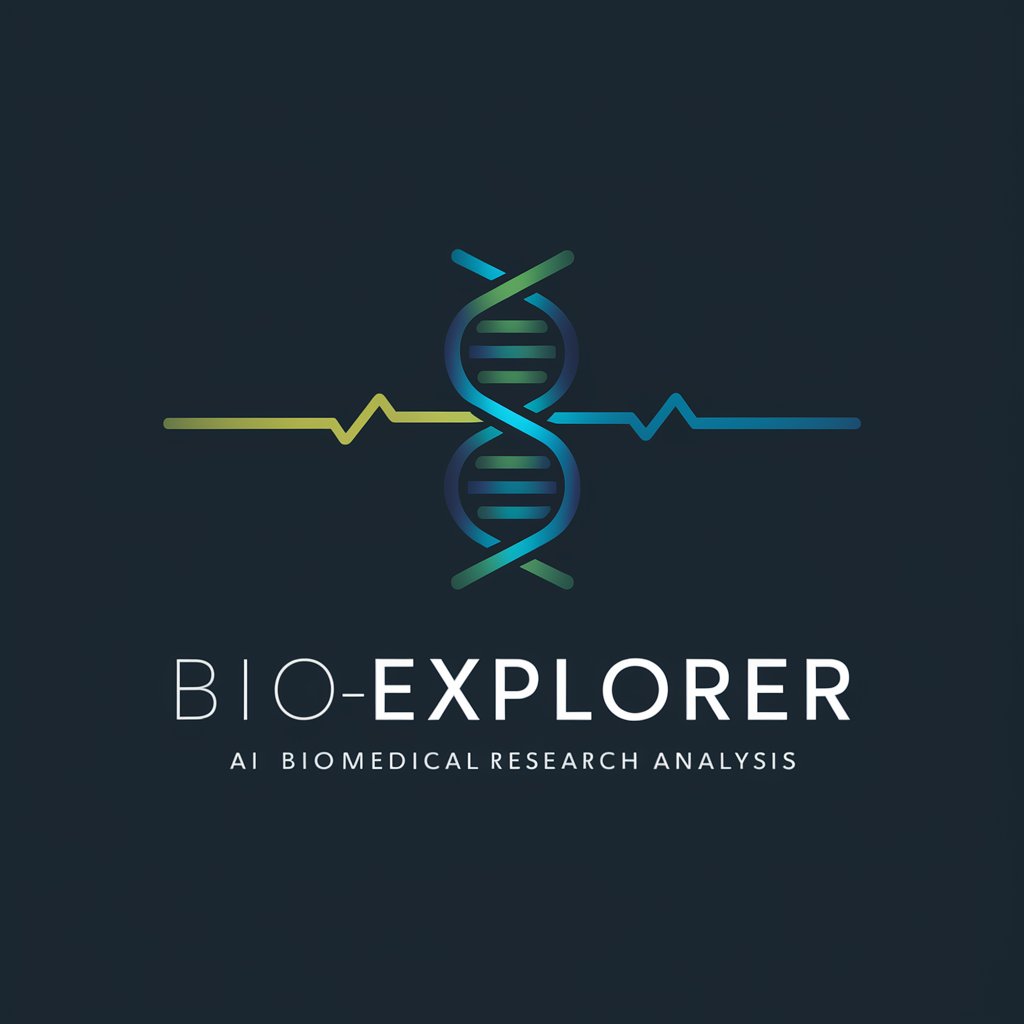
Welcome to BioExplorer, your trusted partner in biomedical research analysis.
Unlocking Biomedical Insights with AI
Analyze the association between gene expression and specific symptoms in a given disease.
Identify key biological pathways involved in the progression of a particular condition.
Examine the impact of a compound on cellular mechanisms and gene interactions.
Explore the relationship between genetic mutations and their phenotypic manifestations.
Get Embed Code
Overview of BioExplorer
BioExplorer is designed to analyze biomedical topics, primarily focusing on extracting and interpreting information from PUBMED abstracts. It excels in identifying associations between genes, symptoms, biological pathways, and compounds, offering insights into the complex interplay of these elements in biological systems. BioExplorer's approach is data-driven, adhering strictly to the content of the abstracts for accurate analysis. It uses technical language suitable for researchers and professionals, maintaining a formal tone. The tool avoids speculative interpretations and does not provide medical advice or diagnoses, ensuring precision and professionalism in communication. For example, BioExplorer can analyze a PUBMED abstract about a specific gene's role in a disease, delineating its interactions with other biological elements and potential implications for treatment or research. Powered by ChatGPT-4o。

Key Functions of BioExplorer
Analysis of Gene-Disease Associations
Example
Identifying links between BRCA1 gene mutations and breast cancer.
Scenario
In a scenario where a researcher is studying breast cancer, BioExplorer can analyze abstracts detailing how BRCA1 gene mutations contribute to the disease's pathogenesis, offering insights into potential therapeutic targets.
Exploration of Biological Pathways
Example
Elucidating the role of the PI3K/AKT pathway in cancer.
Scenario
BioExplorer can assist in understanding the role of the PI3K/AKT signaling pathway in cancer progression by analyzing relevant PUBMED abstracts, helping researchers in identifying novel intervention points.
Compound-Effect Analysis
Example
Assessing the impact of a new drug on Alzheimer's disease.
Scenario
For a pharmacologist developing treatments for Alzheimer's, BioExplorer can analyze abstracts related to the effects of a new compound on disease pathology, aiding in the understanding of its therapeutic potential and mechanism of action.
Target User Groups for BioExplorer
Biomedical Researchers
These professionals can utilize BioExplorer for in-depth analysis of genetic, molecular, and cellular aspects of diseases, aiding in hypothesis generation and experimental design.
Pharmacologists and Drug Developers
BioExplorer serves this group by providing insights into drug mechanisms, potential side effects, and efficacy, crucial for drug development and repurposing strategies.
Healthcare Professionals and Clinicians
While not offering medical advice, BioExplorer can aid these users in staying updated with the latest research findings, enhancing their understanding of disease mechanisms and treatment options.

Guidelines for Using BioExplorer
1
Visit yeschat.ai for a free trial without login, also no need for ChatGPT Plus.
2
Enter specific biomedical queries into BioExplorer, focusing on genes, symptoms, biological pathways, or compounds.
3
Utilize the provided abstracts from PUBMED for detailed analysis, ensuring queries are aligned with your research objectives.
4
Interpret the responses carefully, understanding that BioExplorer provides data-driven insights based on current biomedical literature.
5
For complex queries, break them down into simpler sub-questions to ensure comprehensive and specific answers.
Try other advanced and practical GPTs
Maya Mastermind Enhanced
Elevate your Maya scripting with AI-powered insights.

Natalie
Inspire, Create, Connect with AI-powered Music Insights

全球热搜排行(GlobalTrendTracker)
Stay Ahead with AI-Powered Global Trends

Deadpool
Bringing Humor to AI Interactions

超级无敌面试助手
AI-Powered Path to Interview Mastery

省钱专家(MoneySavingExpert)
Maximize Savings with AI Insight

The Last Sales - Game
Master sales through AI-powered role play

Mystic Witch
AI-powered Tarot Insights

3D Image Creator
Revolutionize images with AI-driven animation.

DesignCurator
Crafting Design with AI Ingenuity
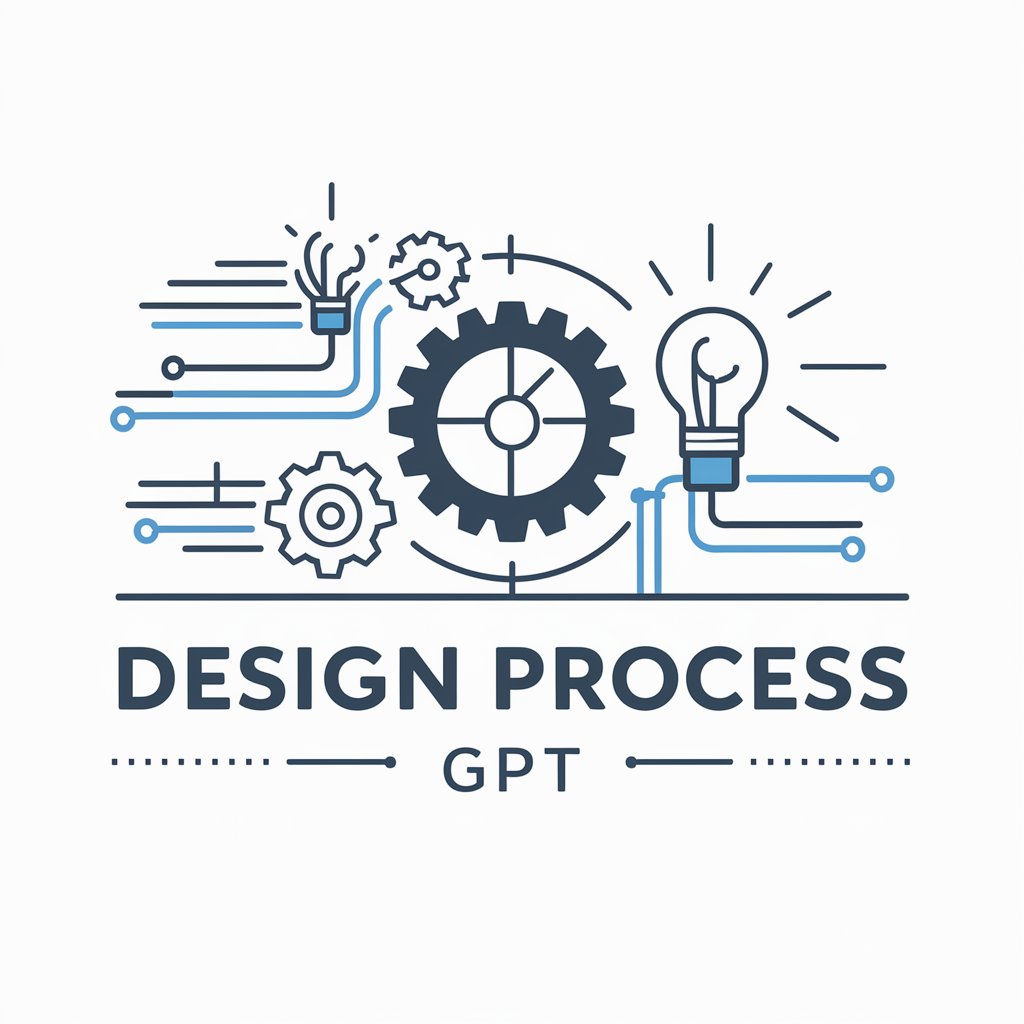
Create LOGO
Craft Your Brand's Identity with AI

Chef's Advice
AI-powered culinary creativity at your fingertips

Frequently Asked Questions About BioExplorer
Can BioExplorer identify potential drug targets for specific diseases?
Yes, BioExplorer can analyze PUBMED abstracts to identify associations between diseases and potential drug targets based on current biomedical research.
How does BioExplorer handle queries about rare genetic disorders?
BioExplorer can process queries on rare genetic disorders by examining relevant literature and providing insights based on genetic, symptomatic, and treatment aspects mentioned in PUBMED abstracts.
Is BioExplorer capable of suggesting novel research areas in biomedicine?
While BioExplorer doesn't generate novel research ideas, it can provide comprehensive information on existing research, aiding in the identification of less explored areas in biomedicine.
Does BioExplorer assist in understanding complex biological pathways?
BioExplorer assists in understanding complex biological pathways by analyzing and summarizing relevant information from PUBMED abstracts, focusing on gene interactions, and pathway dysregulation.
Can BioExplorer be used for clinical decision-making?
BioExplorer is designed for research and information purposes, not for clinical decision-making. It provides data-driven insights based on biomedical literature, which should be interpreted by qualified professionals.

